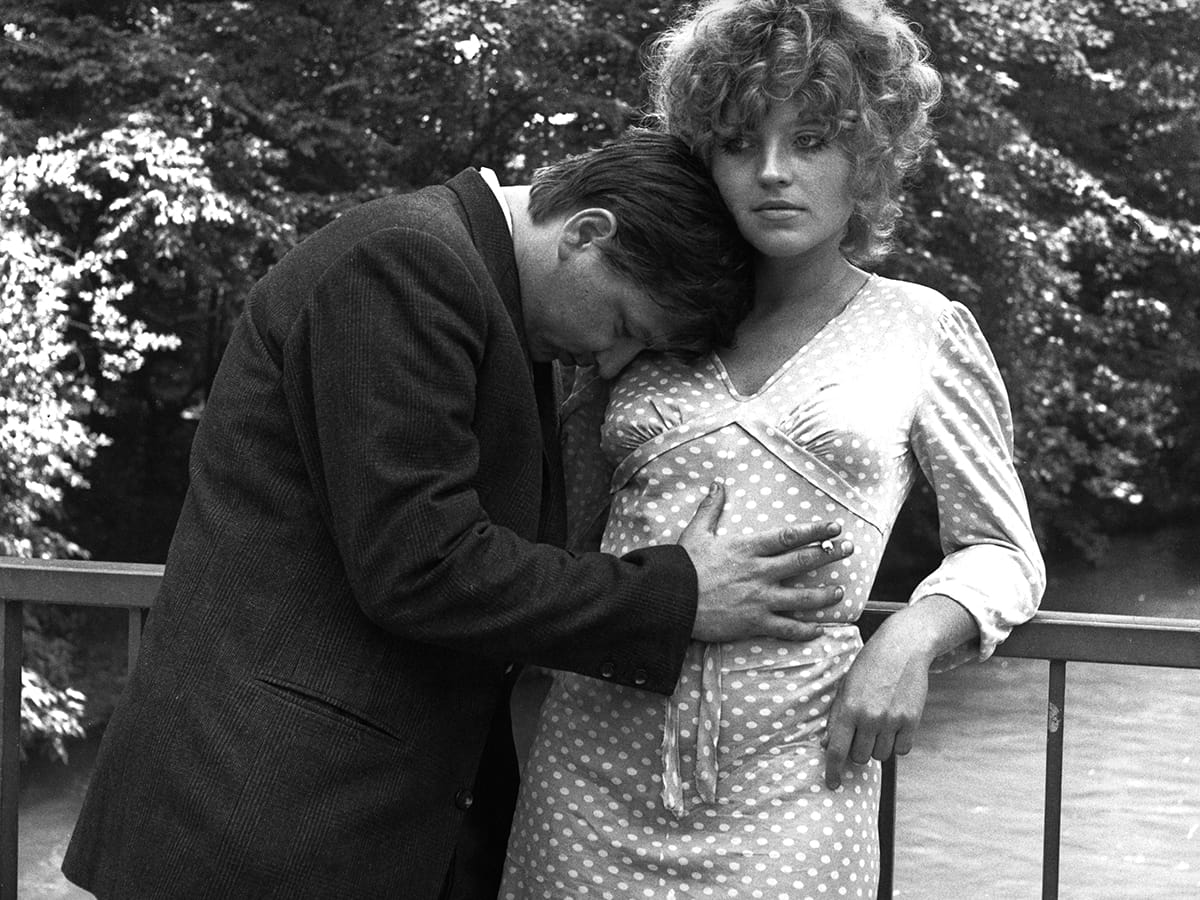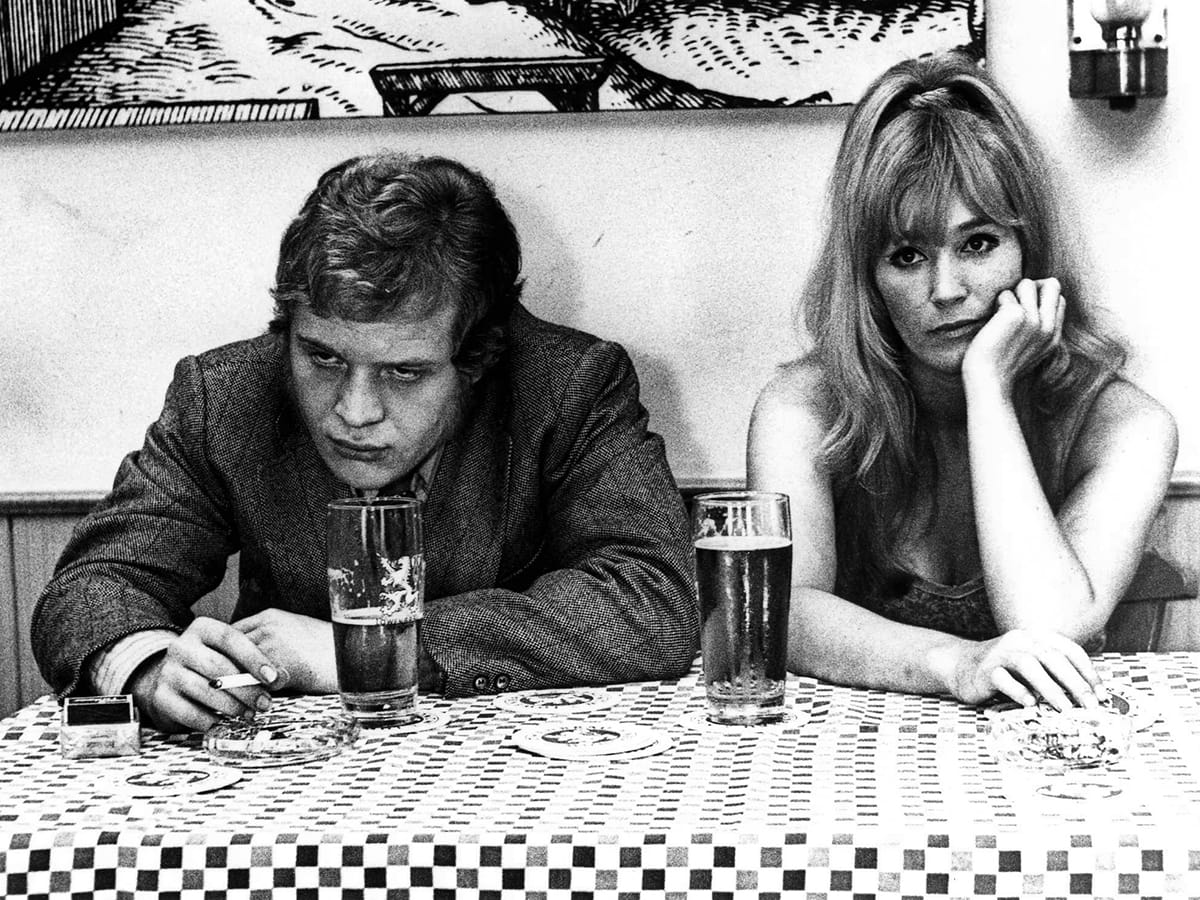Katzelmacher

Rainer Werner Fassbinder’s second feature depicts the intolerance of a circle of financially and sexually frustrated friends when an immigrant laborer (Fassbinder) moves to their Munich neighborhood. This scalpel-sharp theatrical experiment, based on one of the director’s successful early stage plays, is both a personal expression of alienation on the part of the filmmaker and a comment on the persistence of xenophobic scapegoating in German society.
Available In

Cast
- Hanna Schygulla
- Marie
- Lilith Ungerer
- Helga
- Elga Sorbas
- Rosy
- Doris Mattes
- Gunda
- Rainer Werner Fassbinder
- Jorgos
- Rudolf Waldemar Brem
- Paul
- Hans Hirschmüller
- Erich
- Harry Baer
- Franz
- Peter Moland
- Peter
- Hannes Gromball
- Klaus
- Irm Hermann
- Elisabeth
- Katrin Schaake
- Woman with a convertible
Credits
- Director
- Rainer Werner Fassbinder
- Screenplay
- Rainer Werner Fassbinder
- Cinematography
- Dietrich Lohmann
- Editor
- Rainer Werner Fassbinder (as Franz Walsch)
- Music
- Peer Raben














